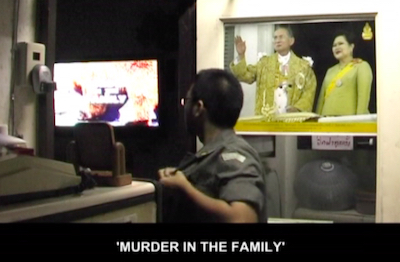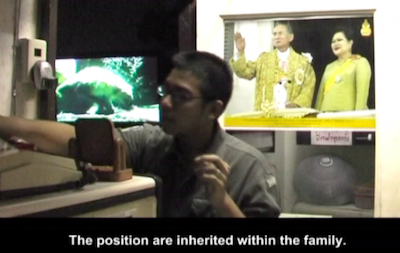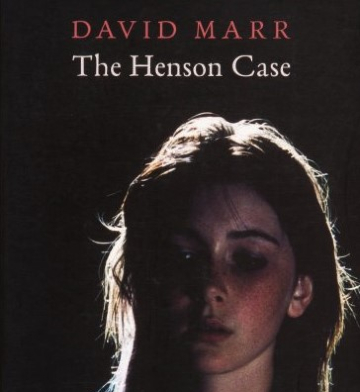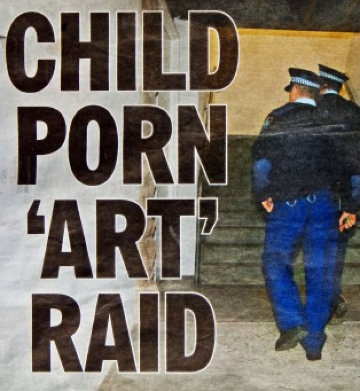Taschen's 100 All-Time Favorite Movies are as follows:
- The Birth Of A Nation
- Nosferatu
- The Ten Commandments
- The Gold Rush
- Battleship Potemkin
- The General
- Metropolis
- The Blue Angel
- Under The Roofs Of Paris
- M
- Duck Soup
- King Kong
- Modern Times
- Grand Illusion
- Gone With The Wind
- Fantasia
- Citizen Kane
- To Be Or Not To Be
- Casablanca
- The Big Sleep
- La Belle & La Bete
- Notorious
- The Treasure Of The Sierra Madre
- Bicycle Thieves
- The Third Man
- All About Eve
- Rashomon
- The Young & The Damned
- Sunset Boulevard
- A Streetcar Named Desire
- The African Queen
- High Noon
- Fanfan The Tulip
- The Wages Of Fear
- Seven Samurai
- La Strada
- Rebel Without A Cause
- The Night Of The Hunter
- Giant
- The Searchers
- Ascenseur Pour L'Echafaud
- Wild Strawberries
- Vertigo
- The 400 Blows
- Some Like It Hot
- Ben-Hur: A Tale Of The Christ
- La Dolce Vita
- L'Avventura
- Psycho
- Breakfast At Tiffany's
- Lawrence Of Arabia
- To Kill A Mockingbird
- Dr Strangelove
- Goldfinger
- Dr Zhivago
- Pierrot Le Fou
- Andrei Rublev
- Bonnie & Clyde
- The Graduate
- 2001: A Space Odyssey
- Once Upon A Time In The West
- Easy Rider
- Midnight Cowboy
- The Wild Bunch
- Death In Venice
- A Clockwork Orange
- Deliverance
- Cabaret
- The Godfather
- The Discreet Charm Of The Bourgeoisie
- A Woman Under The Influence
- Chinatown
- Jaws
- One Flew Over The Cuckoo's Nest
- Taxi Driver
- Star Wars IV: A New Hope
- Annie Hall
- The Deer Hunter
- The Tin Drum
- Mad Max
- Apocalypse Now
- Raging Bull
- Fitzcarraldo
- Fanny & Alexander
- Scarface
- Blade Runner
- The Fourth Man
- Blue Velvet
- Dead Ringers
- The Silence Of The Lambs
- Forrest Gump
- Chungking Express
- Pulp Fiction
- LA Confidential
- Face/Off
- The Celebration
- All About My Mother
- American Beauty
- Magnolia
- Crouching Tiger, Hidden Dragon







